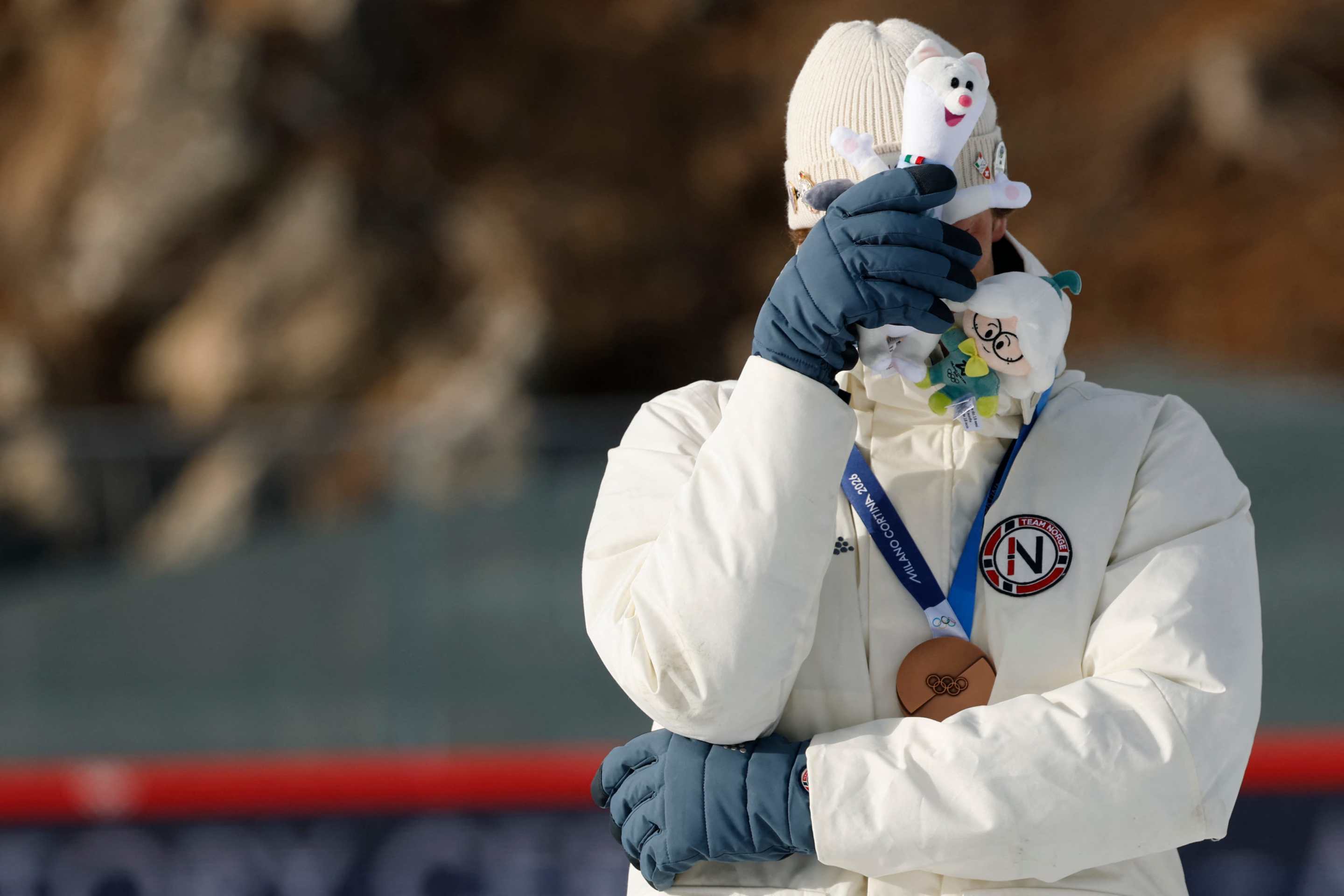It is fall, and along with football, sweaters, and pumpkin spice latte memes, this time of year is reserved for marathon film screenings at the New York Film Festival. It's a pivotal period in which the best movies expected to arrive just before the year's Oscar cutoff get an early screening. This year's edition has amassed a roster of greatly hyped and neat surprise movies from all over the world. Some of these movies, like the sure-to-be favorite of the extremely online Anora, the masterful Nickel Boys, Luca Guadagnino's ambitious William S. Burroughs adaptation Queer, and David Cronenberg's latest The Shrouds, deserve their own blogs as the wider public gets to see them. In the meantime, here are a collection of movies I enjoyed and wanted to say a little something about.
The Brutalist (Dir. Brady Corbet)
Brady Corbet's ambitious story of László Toth (Adrien Brody), an innovative but troubled architectural master and Holocaust survivor working in postwar America, is big, exhausting, and filled with wonder, and not just with regard to the buildings and structures we see. László falls into the favor of wealthy captain-of-industry Harrison Lee Van Buren (an amazing Guy Pearce) and his family as László is commissioned to build the town a new center under Van Buren's stewardship. It is a movie divided into two parts: the first, a fever dream of ambition and the drunken promise of America as seen through the immigrant experience, and the second, the systematic destruction of that promise. The Brutalist is gorgeous and its world fully realized and entrancing, so much so that it makes you want to get lost inside of it. The allure of its world makes it that much more effective when Corbet pulls the rug out from under you and reveals an entirely different movie you didn't know you were watching. It is difficult and famously long, with a 15-minute intermission to boot, but it has real power behind it to blow you away.
No Other Land (Dir. Basel Adra, Yuval Abraham, Hamdan Ballal, Rachel Szor)
A Palestinian-Israeli collective worked together on this documentary about Masafer Yatta, a community in the outskirts of the West Bank, as it is steadily destroyed in order to provide a training ground for the IDF and more Israeli settlements. The film predates Oct. 7, but is no less revealing of Israel's subjugation of Palestinian communities even before the present genocide in Gaza. At the center of the film is Palestinian activist Basel Adra and his mission to document and condemn the things happening to his home. Aiding his efforts is Israeli journalist Yuval Abraham, who similarly wants to document Israel's abuses. Yuval in particular, as both an ally and a journalist, is often the recipient of a lot of the Masafer Yatta community's frustrations as they probe him about how he intends to help put an end to the subjugation and what exactly an ally can do when, more than likely, his friends and family are complicit in it. Also revealing is the way the members of the IDF come across as literal automatons, unwilling to question their orders or the morality of their behavior. No Other Land is devastating, but is an absolute must-see that helps clarify the often obfuscated moral issues at play, between the people who are trying to live and survive and the people who are trying to take everything away from them.
Dahomey (Dir. Mati Diop)
Mati Diop's second feature, after the gorgeous 2019 ghost story Atlantics, is a documentary about 26 royal artifacts stolen from the Kingdom of Dahomey and their return to the Republic of Benin after centuries of being kept in French museums. Diop's film is no ordinary doc, as it plays around with ideas of life and death and history, with a voice narrating from the perspective of the 26th artifact and POV scenes of these various artifacts being boxed into crates and shipped from France to Ghana. The most captivating moment of the film involves a classroom discussion/town hall of sorts, where various Ghanians share their very raw feelings about the return of these artifacts, which touch on ideas of reparations, colonialism, shame, and pride. One of the themes that runs through many of the movies at the NYFF is the residual effects of colonialism and nationalism, and the destruction and pain they leave in their wake. Dahomey is a brisk 67 minutes, but from its small canvas, it reaches out for big, expansive ideas and for pain that has endured for centuries.
Oh, Canada (Dir. Paul Schrader)
Another big theme at the festival is just plain old dying. If the lackluster turnout for this movie's morning screening was any indication of larger dynamics at play, the Schraderssaince is over and Paul's movies are back to only appealing to the true sickos who will never leave him, whether he's in favor or not. Oh, Canada, the latest movie about old men narrating their own failures to be the men they aspired to be, might be his most autobiographical yet. Richard Gere plays famed documentary filmmaker Leonard Fife, who becomes the subject of a movie about his life as his death nears. Leonard, being a Schrader protagonist, uses the occasion to confess the great sins of his life to his wife (Uma Thurman) and the film crew, revisiting his time as a young man (played in flashback by Jacob Elordi) and the "cowardice" of his past behavior. While I don't expect a First Reformed–type of response to it, I do think Oh, Canada is his best movie since that one, zeroing in on Schrader's statement on life and humanity as he faces his own mortality. Its manipulated timelines and unreliable narrator may prove too confusing to some, and I'll admit that I need to see it again to truly come down on a strong feeling, but I found the movie gripping and hypnotic. And Jacob Elordi's typical stiffness as an actor actually works in a Paul Schrader movie.
Harsh Truths (Dir. Mike Leigh)
This one is sure to be divisive. Mike Leigh's eye for the tragedy in the mundane follows him to Britain's West Indian community. Marianne Jean-Baptiste plays Pansy, a miserable, PTSD-suffering woman who hates her life, her husband, and just about everyone else. Watch her as she takes out her anger at the world on everyone in her orbit. People tend to have little patience for difficult, hard-to-love characters when they aren't white men, and that's especially true when it's a middle-aged black woman. But I recognize this woman, and really everyone in this movie, in my own family and in the many miserable people I see online. There is something sublime in the cruel comedy of Leigh's traumatized family story, ghastly and invigorating. It's a fully baked world with real people and real problems that are no closer to resolution by its end.





